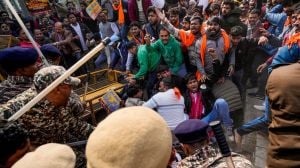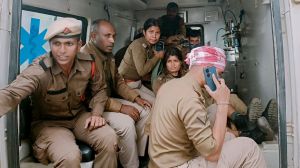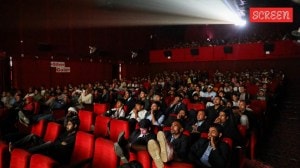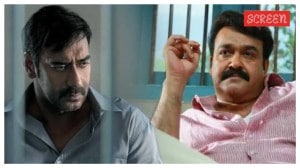
****
Lal Bahadur Shastri, the third Prime Minister of India, was one of the giants in public life, who always took the country’s myriad responsibilities on his shoulders.
Shastri, who was sworn in as the PM on June 9, 1964, held the office for 581 days – till January 11, 1966, when he passed away in Tashkent.
When the country faced major food shortages in mid-1960s, Shastri led from the front and introduced new ideas including fixing foodgrain price for producers – known as the minimum support price (MSP) – and setting up a Prices Commission, the body known as the Commission for Agricultural Costs and Prices (CACP) now that recommends the MSP.
Shastri was at times critical of his own government, but when it came to taking responsibility he always led from the front. He served as the Railway Minister in Jawaharlal Nehru’s Cabinet and was so conscientious that he resigned following a train accident at Ariyalur in Tamil Nadu in 1956. His gesture was hailed by all including Nehru, whom he considered as his “hero”.
Nehru then told Parliament that he was accepting Shastri’s resignation because it would set an example in constitutional propriety and not because the latter was in any way responsible for the train mishap.
Story continues below this ad
As the PM, Shastri took Nehru’s policy of “democratic socialism” forward. He used to tell the members of his Council of Ministers as well as top officials to go to villages and meet people and farmers there.
When the Opposition brought a motion of no-confidence against his government in September 1964, Shastri candidly accepted its successes and failures. During his reply to this motion in the Lok Sabha on September 18, 1964, when then Praja Socialist Party leader JB Kriplani suggested to the Treasury Bench members that they should use Nehru’s name “sparingly to justify their conduct,” Shastri said: “We will try to work on our own as far as possible. We do not want to drag in the name of Pandit Jawaharlalji for covering our lapses and inefficiencies. We will never do that. We must own the entire responsibility for what we do.”
In the course of this debate, Shastri did not spare his own government, criticising the lack of coordination between different departments. Citing the instance of the water-logging problem in Punjab, Shastri said, “I am merely expressing the view of an expert or a great engineer; he has said that because of the canals which have been constructed during the last few years, and some of the bridges of the railways or the culverts of the railways and also because of some roads which have been built, many areas have been affected, and because there being no coordination between different departments, the water-logging persists or it has resulted in continued water-logging.”
 Lal Bahadur Shastri and Pandit Jawaharlal Nehru. (Express archive photo)
Lal Bahadur Shastri and Pandit Jawaharlal Nehru. (Express archive photo)
He went on to say, “I am sorry I am critical of the government or of the administration, but I can with my own experience say that no department is prepared to shoulder the responsibility. If you mention it to the Railways, they say ‘we have nothing to do with it; the bridges or the culverts were built a long time back’. If you go to the transport ministry, they will say ‘well, the roads are all right, and, therefore, there should be no problem’. If you refer to the irrigation department, of course they are a law unto themselves.”
Story continues below this ad
And, then, Shastri added: “I am accepting it; I have myself said that; I should be held responsible for that. But what I want to emphasise is that the administration has to realise its responsibility in this matter. This kind of working in water-tight compartments between one department and another must go.”
Shastri was born on October 2, 1904 at Moghalsarai. A freedom fighter and Mahatma Gandhi’s disciple, he served in various capacities in the Uttar Pradesh government and at the Centre. He also served as a general secretary of the Congress party.
His hobbies included swimming and playing badminton. He had also translated Marie Curie’s autobiography in Hindi.
 India’s longest-serving prime ministers
India’s longest-serving prime ministers

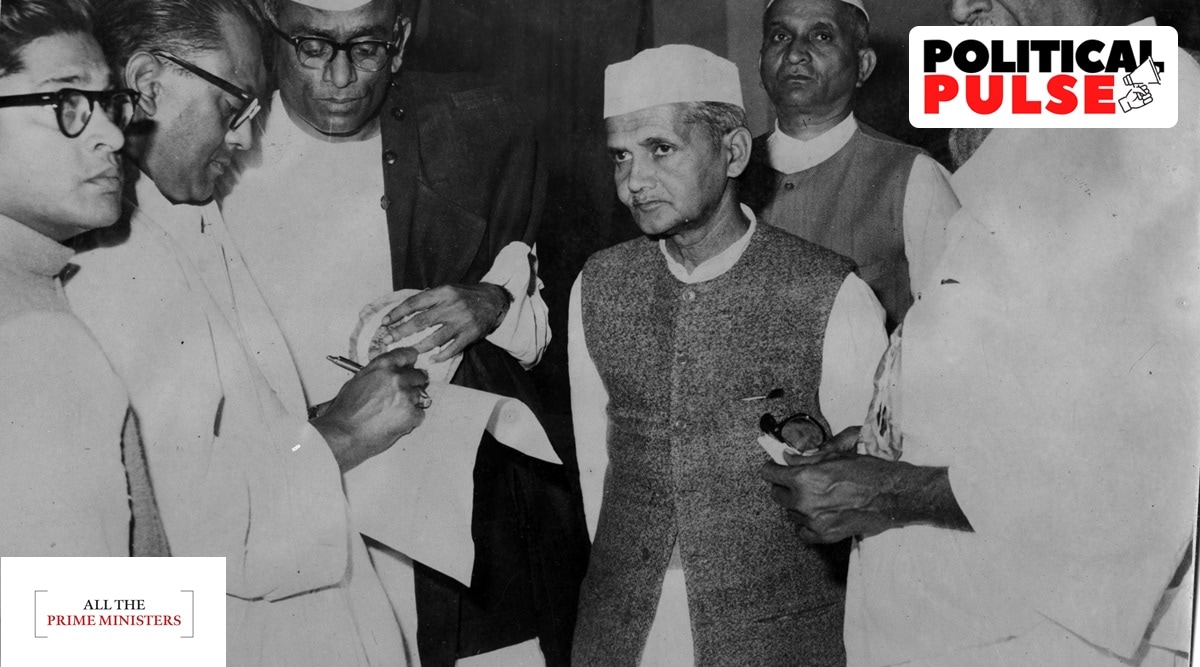

 Lal Bahadur Shastri and Pandit Jawaharlal Nehru. (Express archive photo)
Lal Bahadur Shastri and Pandit Jawaharlal Nehru. (Express archive photo)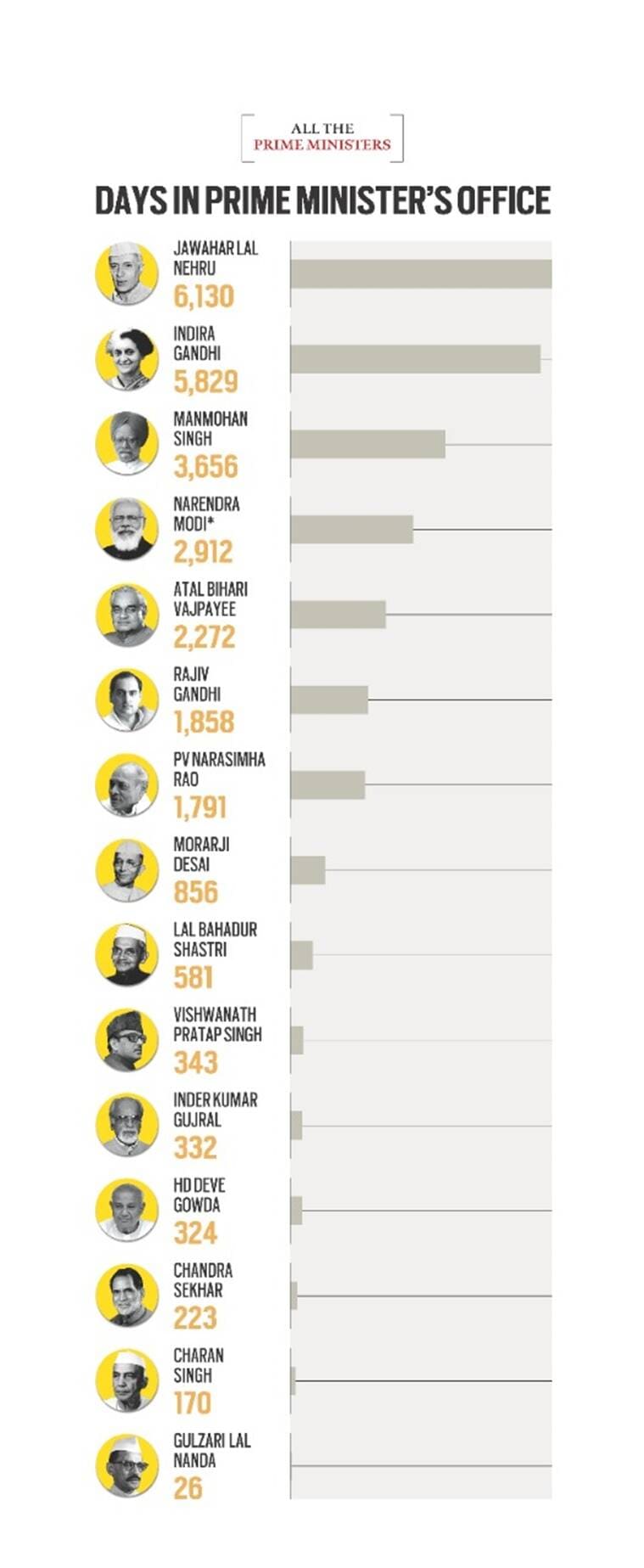 India’s longest-serving prime ministers
India’s longest-serving prime ministers






